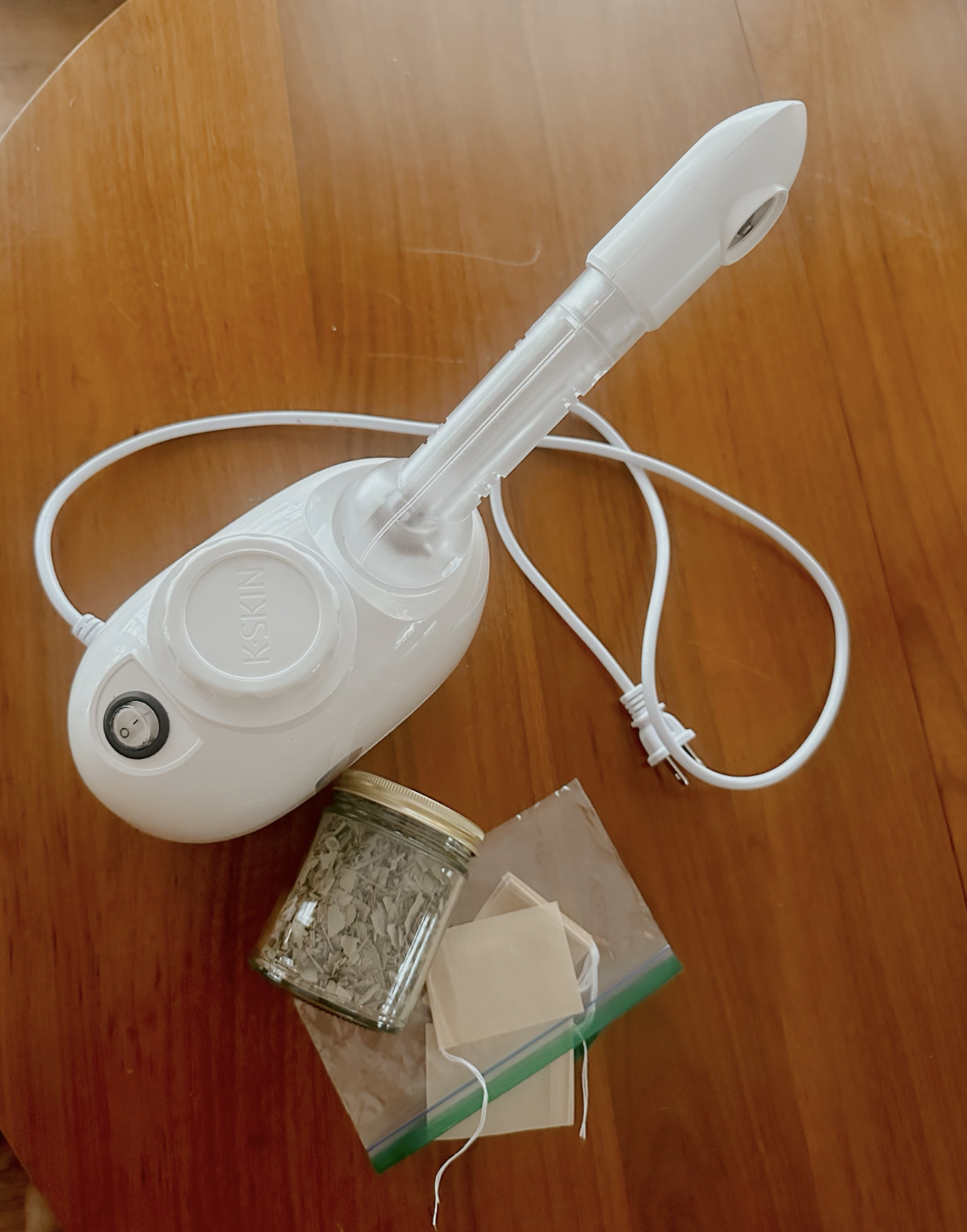Natural Remedies for Sinus Relief: My Step-by-Step Routine
I’ve been under the weather these past two weeks, starting with a cold that turned into a sinus infection. The ash and poor air quality from the recent Bridge fire here in town didn’t help. When I first found herbalism, I fell in love with how it helped me avoid catching every virus my kids brought home. I went from getting sick constantly to maybe once or twice a year—a huge shift, especially since every cold used to lead to a sinus infection that lingered.
When you’re balancing adult responsibilities and kids, it’s tough to be sidelined by illness. A few days ago, I gave myself one last day to turn things around naturally before heading to urgent care. I’m so grateful for the herbs that support our health and help us avoid doctor visits (though I know we sometimes need them!). Thankfully, I was able to recover naturally without antibiotics, thanks to consistent herbal care. Before I forget everything I did, I’m leaving it here for anyone looking for at home support for a sinus infection.
Here’s what worked for me:
A face steamer with herbs that support healing, reduce inflammation and help fight microbes.
1. Neti Pot: Clearing the Pathways
Using a neti pot twice a day became a core part of my routine. If you’ve used one before, you’ll know how amazing it is for noticing just how clear (or blocked!) your sinuses are. When you can get water to flow easily from one nostril to the other, you know your sinuses are relatively open; when it’s a slow trickle, it’s a sign of congestion. Regular rinsing not only helps clear mucus but also reduces the buildup of pathogens that can make things worse over time.
2. Eucalyptus and Rosemary Steam Tents
To ease sinus pressure and promote drainage, I created a steam tent with eucalyptus and rosemary—herbs known for their antimicrobial and anti-inflammatory properties. Here’s how I did it: I used a in steamer with a small cup for adding dry herbs, then lay on the floor, covering my head and the steamer with a blanket. Breathe deeply through your nose (yes, even if you’re so congested you can barely manage) for about 20 minutes, allowing the warmth and herbal properties to penetrate. I did this three times a day, and it was incredibly relieving for both my sinuses and overall congestion.
3. Staying Hydrated with Immunity-Boosting Herbal Infusions
Hydration is crucial when you’re sick, and herbal infusions were a big part of my routine to stay well-hydrated while supporting my immune system. I sipped on at least 60 ounces of herbal infusions daily, which kept my throat soothed and my body hydrated. Immunity blend is made with herbs known for their antimicrobial properties, helping the body work on healing from the inside.
4. Immunity Tincture for an Extra Boost
To further boost my immune support, I added several droppers of Immunity Extract to my infusions throughout the day. This was especially useful since it added a new layer of immune support with different herbs than those in my tea blend. For example, while Immunity blend includes echinacea, Immunity Extract uses elderberries—both excellent herbs for supporting the body’s natural defenses. I used about six droppers per cup to maximize its effects.
5. DIY Nasal Spray with Saline and Antimicrobial Herbs
To help clear my sinuses and ease congestion, I used a saline spray enhanced with a few drops of herbal tinctures, including ginger, yerba santa, and eucalyptus. Frequent spritzing kept my nasal passages moisturized and provided gentle support for my body’s natural recovery. If you’re considering making your own sinus spray, add about 20-30 drops of tincture to a 2-ounce bottle of saline. Be cautious not to exceed this amount, as a higher concentration may irritate the delicate tissues in your nose.
6. Menthol Rub for Comfort and Cooling
With frequent nose blowing, the skin around my nose became irritated. I used Menthol Rub applied directly to my nose, for a cooling, comforting sensation and the oils and butters in this rub helped my skin heal. Menthol Rub also helped open up my nasal passages. If you’re trying this with kids, I recommend applying menthol rub to their chest or back instead, as the cooling effect on the nose might feel too intense for them.
Consistency Is Key
The most crucial part of this routine is consistency. Natural herbs work best when they’re in regular contact with the body, so it’s essential to keep up with these steps throughout the day and continue for at least three days after symptoms improve. I know it can be a lot to do when you’re sick, but with consistent care, these gentle yet powerful herbs can provide substantial support during sinus challenges.
By committing to this routine, I was able to manage my symptoms naturally and avoid antibiotics. I hope this guide helps you if you’re looking for gentle, supportive remedies to incorporate into your wellness toolkit!
Please remember, this is not medical advice. While these steps supported my recovery, it’s always best to consult a healthcare professional if you’re unsure about treating a sinus infection at home. Sinus infections that worsen or don’t improve can sometimes lead to more serious issues, so if your symptoms persist or you’re in doubt, visiting a doctor is a good choice to ensure your health and safety.



